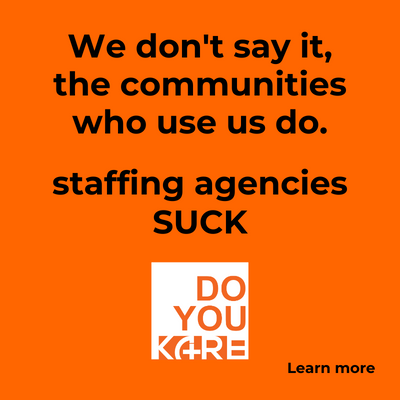The first lesson is something we know intrinsically about Boomers . . . about ourselves. We love denial. We don’t want to get old, we refuse to get old
Yesterday I published an article titled “Google Says . . .” that looked at the results of a survey of Boomers and their search habits with respect to senior living. There are some really important lessons for senior living . . . if we are willing.
Avoiding the Inevitable
The first lesson is something we know intrinsically about Boomers . . . about ourselves. We love denial. We don’t want to get old, we refuse to get old . . . except that, of course, we are getting older. This means we avoid thinking about senior living. It is likely that most are thinking they would prefer to die by silent massive heart attack in the middle of the night than go to senior living.
As a senior living provider this can depress you or you can see it as an amazing opportunity to reframe the discussion. We have been picking low hanging fruit for the last 10 years. This means average ages have leapt to higher numbers, residents are much more frail and have many more ADL needs. Even independent living has largely become a need-driven choice.
It is not too late to repaint the picture. To program for, talk about, tell stories about how senior living, Independent living, assisted living and, perhaps, even skilled nursing and memory care can be next chapter opportunities for seniors and elders rather than a way point on the journey to death.
Give Them the Information They Want
The Google data is clear that shoppers want this data:
- Prices. They want to know what it costs. They don’t want to be embarrassed by calling a community or showing up at a community only to find out they can’t afford it . . . or that it is way below their expectations.
- What it is actually like to live in senior living. What they think they know is scary and terrible even in nice places. For the most part, the media confirms that impression.
- They want to know what the food is like. Will they be able to get what they like, what they are used to?
- They are asking will this be like home? Could it be better than home? Will it be worse than home?
- They want to know for sure that they will not lose the friends they have. They also want to know they will be accepted and will be able to make new friends. Those old high school fears never really go away. They want to know if they will be accepted.
- They want to know if they can still get out and about
- They want to know if they can bring their pets.
When We Don’t Give Them the Data
The thinking is that the details are nuanced, complex and that each person’s situation is different, meaning that we want to give out as little information as possible until we can get a prospect through the door. The problem is twofold. It suggests prospects and their families are not smart enough to get it without us.
Even worse, what the Google data suggests is that when they don’t find the data that is critical to them they do one of two things:
- They look at your competitor’s websites until they find that all important information, which means that competitor moves to the top of the list.
- They move on to lead aggregation sites like Caring.com, a Senior Housing Forum partner.
Ultimately each community is different, each company culture is different and each marketplace is unique. This means that one should never make knee jerk changes solely based on data like this. Neither, though, should organizations stick to doing it the way they have been doing just because . . . .
Data like this is a great catalyst to ask if we can do it better, if we need to take a fresh look at what our consumers want and how they are likely to behave.
Steve Moran








